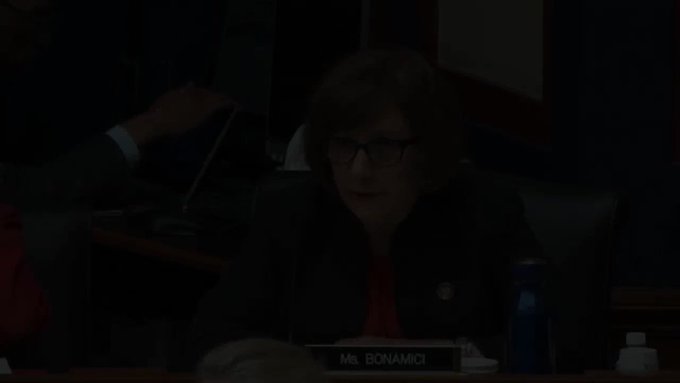Transgender Man Assaulted in ‘Terrifying’ Hate Crime in Colorado
A transgender man from Colorado Springs was violently assaulted by a group of men while sitting on his front porch last Saturday.
Emmit Davis was attacked by three men who reportedly jumped over a fence into his garden—where he and his partner were sitting on the porch—and started shouting homophobic slurs.
Davis—who was recently named Mr Trans of Colorado Springs—said the incident was “terrifying,” according to local news outlet KRDO. He sustained fractures around the eyes and nose in the attack.
Emmit Davis said the right side of his face was ‘completely unrecognisable’ after the attack
In an interview with KRDO, Davis said he tried to get them to stop, but the men became increasingly violent. He said the right side of his face was “completely unrecognisable” after the attack, and added: “It really sparked a fire in my community.”
“We were so scared… we still are,” he said.
“I never in my life thought for being who I am, I would be assaulted.
“We don’t hate the people who attack us, if we fill ourselves with the same hatred that they fill themselves with… nothing is going to change,” he added.
“Don’t forget that we cannot fill ourselves with the same hate guys, or nothing will change.”
– Transgender man Emmit Davis
In a separate interview with KOAA News 5, Davis said it was “very apparent that they were there just to attack.”
| Stars You Didn’t Know Were Gay Or Bisexual | The Stars You Didn’t Know Have An LGBT Sibling | The Straight Stars Who Went Gay For Pay |
Davis—who is a member of the Drag Queen Story Hour initiative—said he was targeted because he looks “very gay.”
“We also see the people that do stuff like this, hate crimes, the people who oppress us, they’re humans too.”
In a Facebook post today (April 9), Davis called on other members of the LGBT+ community to remember that their attackers are “human too.”
He said he wants the LGBT+ community to stand up and not ‘spread more hate’
“Don’t forget that we cannot fill ourselves with the same hate guys, or nothing will change.
“We are and always will be a strong community that’s more united and more supportive than any community I have ever witnessed and it’s truly amazing so as a community let’s show that we don’t want to spread more hate.”
Transgender people across the world continue to face harassment, hostility and violence. In the United States last year, it is estimated that more than two dozen trans people were killed, according to CNN.
CNN said in January that the exact number is “impossible to know” as there is “serious under-reporting” of anti-LGBT+ hate crimes.
The statistics are also hampered by police, media and family misgendering transgender murder victims—meaning they are not counted as trans in official stats.
The Human Rights Campaign estimates that more than 128 transgender people have been killed across 87 cities in the US since 2013. 80 percent of those were transgender people of colour.





